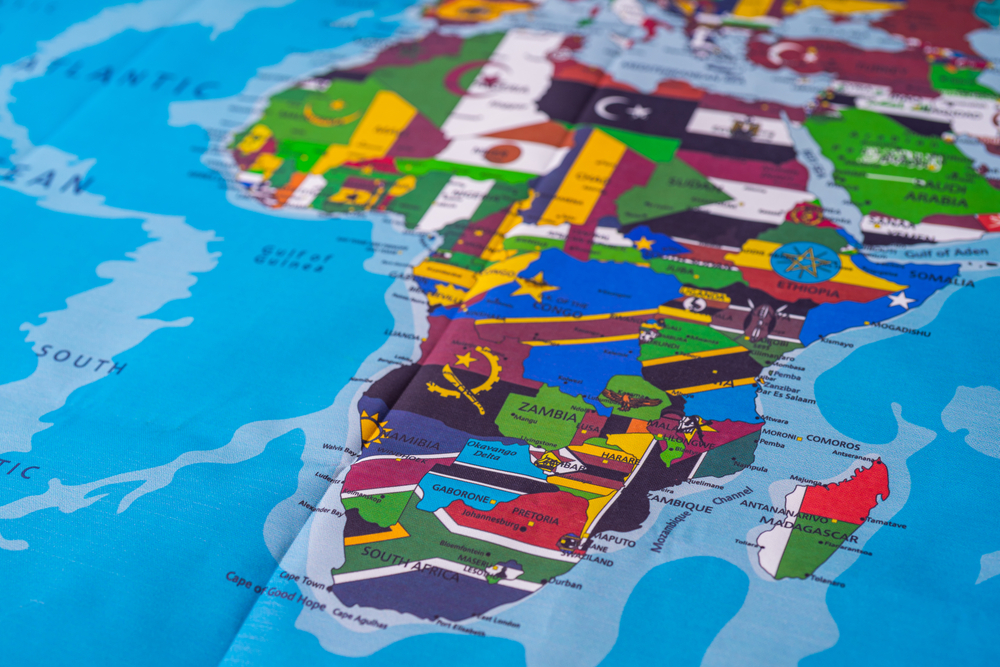African Countries Endorse HFC Phase Down Under Montreal Protocol

Support start of formal negotiations to eliminate one of six main greenhouse gases
Success will provide fast climate benefits for vulnerable continent
Cairo, Egypt, 6 March 2015 – The 54 countries of Africa, meeting in Cairo at the 15th session of African Ministerial Conference on the Environment, urged all member States to use the Montreal Protocol to phase down the production and use of hydrofluorocarbons (HFCs), and requested all to work towards a formal contact group to begin the negotiations this year.
The Cairo Declaration’s operative language “urge[s] member States to use the experience, expertise and institutions of the Montreal Protocol … to phase down the production and consumption of HFCs while continuing to use other existing mechanisms for accounting and reporting of emissions…; and request[s] the parties… to work towards establishing an open-ended contact group during its meetings in 2015 ….”
HFCs are powerful greenhouse gases up to 10,000 times more potent than carbon dioxide. Phasing down the production and consumption of HFCs under the Montreal Protocol will avoid the equivalent of 100 billion tonnes of carbon dioxide emissions by 2050 (range of 87 to 146), which will avoid 0.5°C of warming by 2100. A fast phase down by 2020 would avoid up to 60 billion tonnes of CO2-eq more. Significant additional mitigation of carbon dioxide will be catalyzed by improvements in the efficiency of air conditioners and other appliances using HFCs as refrigerants during the phase down.
“Though HFCs currently represent a small fraction of the total greenhouse gas emissions, their global-warming-potential is very high, and their emissions could rise even up to 40% of annual carbon dioxide emissions by the middle of the century if society continues,” said UNEP Executive Director Achim Steiner in his keynote address at the Cairo meeting. Steiner also reported that “the Montreal Protocol has provided African countries with US$286 million for the phase-out [of CFCs and other fluorinated gases]…. This includes over US$32 million supporting National Ozone Units in 53 countries.”
“The 54 countries of Africa face some of the most immediate and damaging climate impacts, and they recognize that cutting HFCs through the Montreal Protocol will be a huge climate victory both for the continent, and for all nations throughout the world,” said Durwood Zaelke, President of the Institute for Governance & Sustainable Development. “Eliminating one of the six main greenhouse gases this year using the Montreal Protocol will provide tremendous momentum for a successful outcome at the Paris climate negotiations in December,” Zaelke added.
President Obama negotiated a series of bilateral agreements over the past two years with President Xi of China and Prime Minister Modi of India, leading to the support of these countries for phasing down production and consumption of HFCs under the Montreal Protocol, leaving accounting and reporting of HFC emissions in the UNFCCC.
The Montreal Protocol is holding an extra-ordinary meeting in April, starting with a two-day technical workshop on the availability of climate-friendly alternatives to HFCs, followed by a three-day meeting of the Open-Ended Working Group. Several groups of countries are preparing to submit formal proposals to phase down HFCs, most likely in the week after the April meeting.
IGSD’s Primer on HFCs in here.